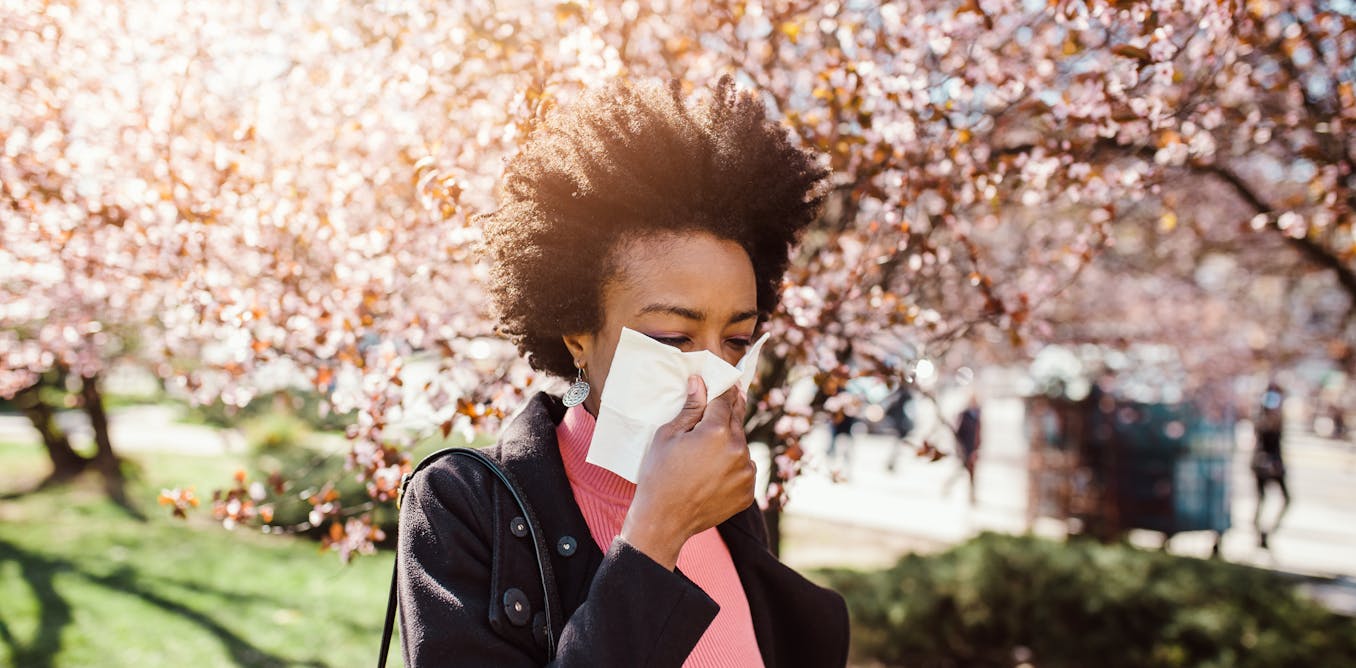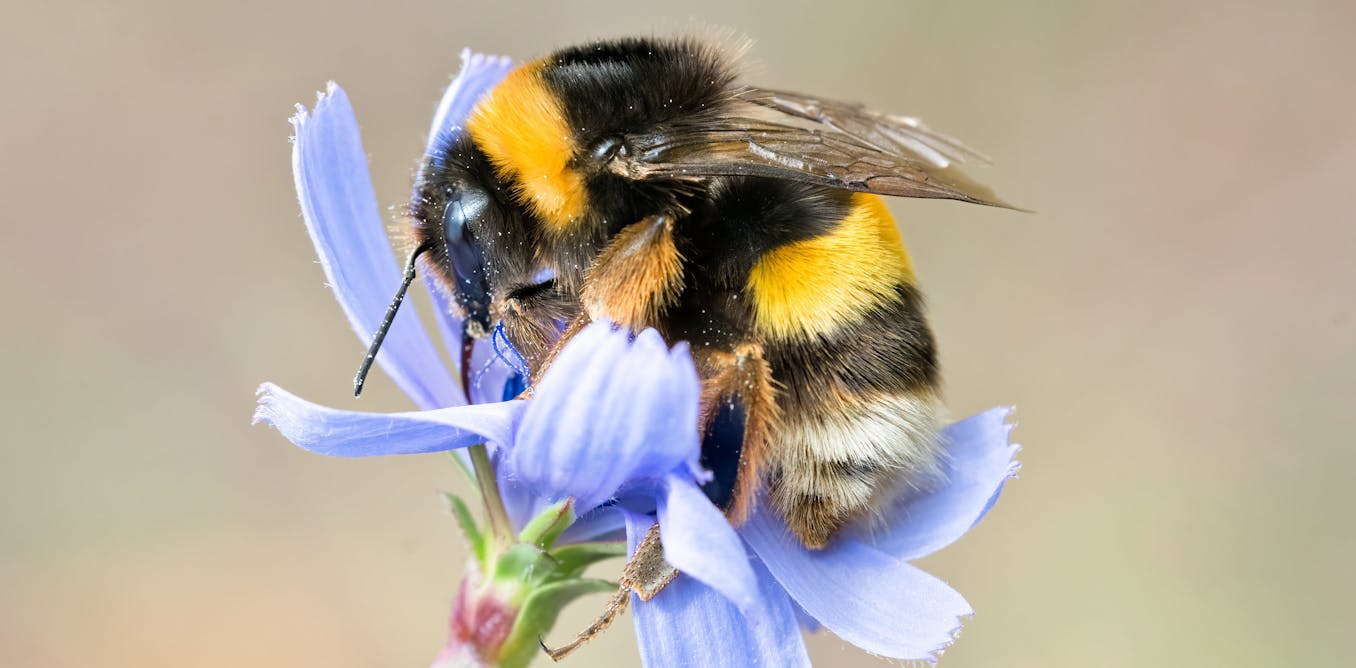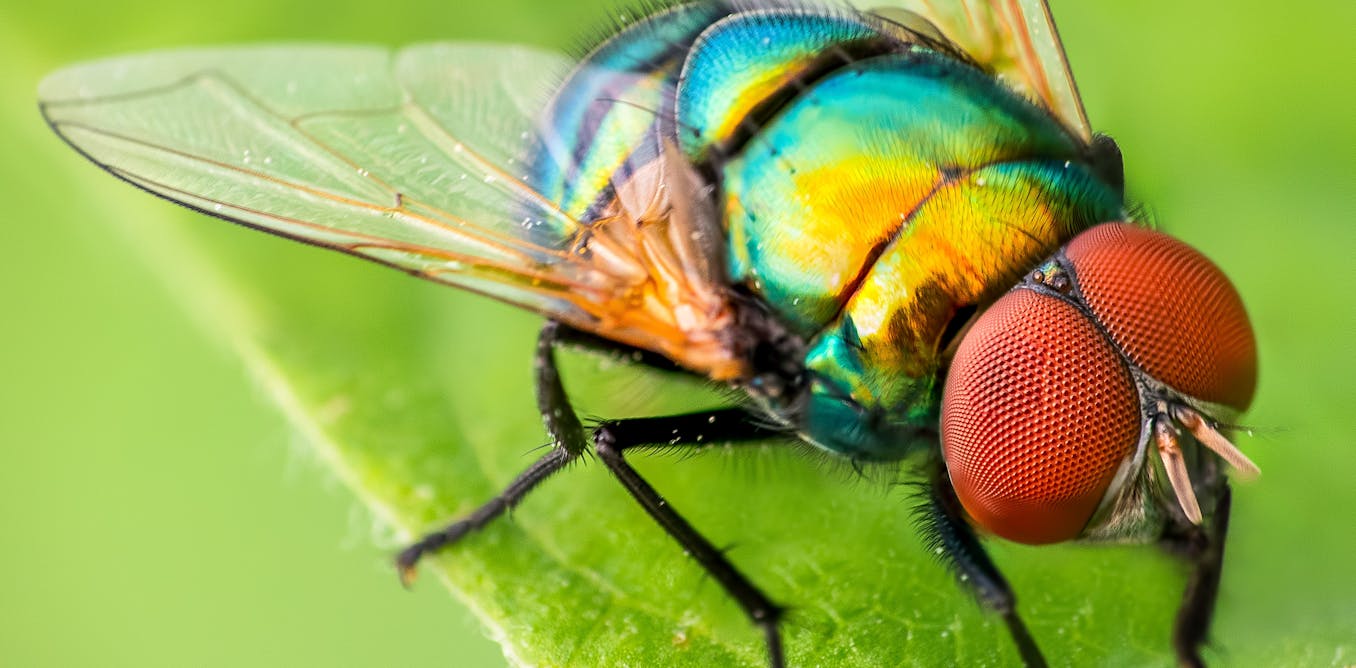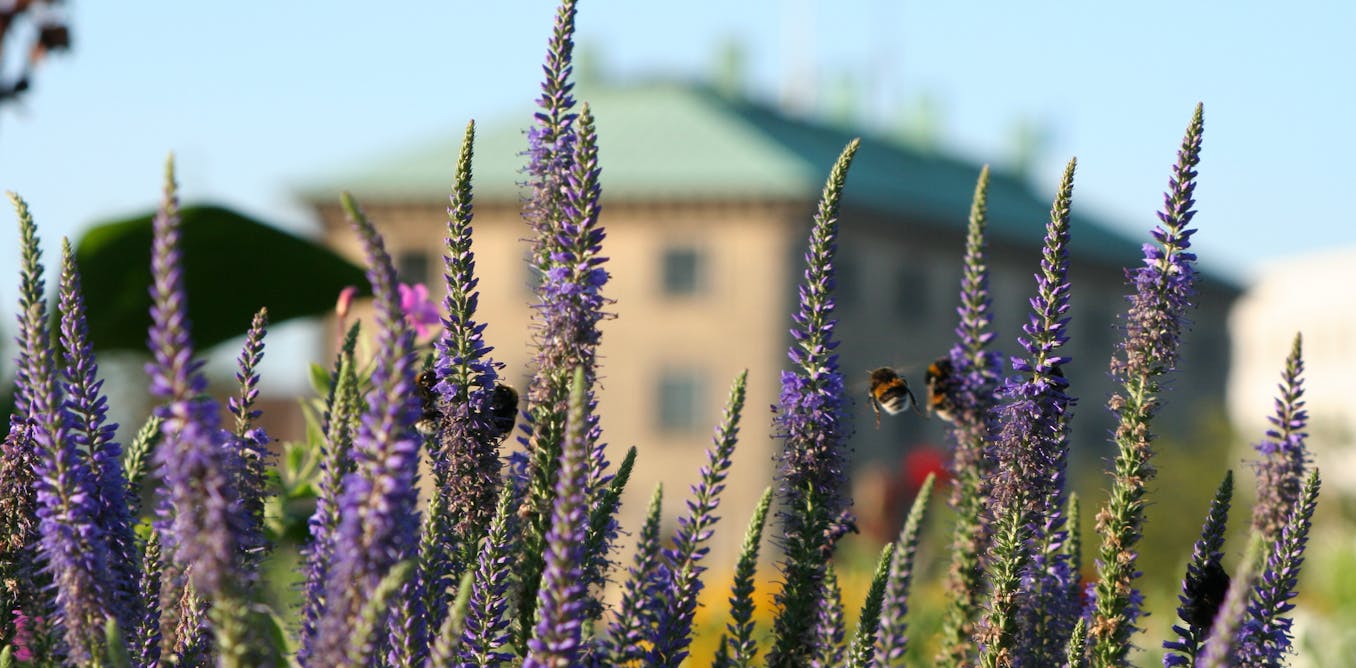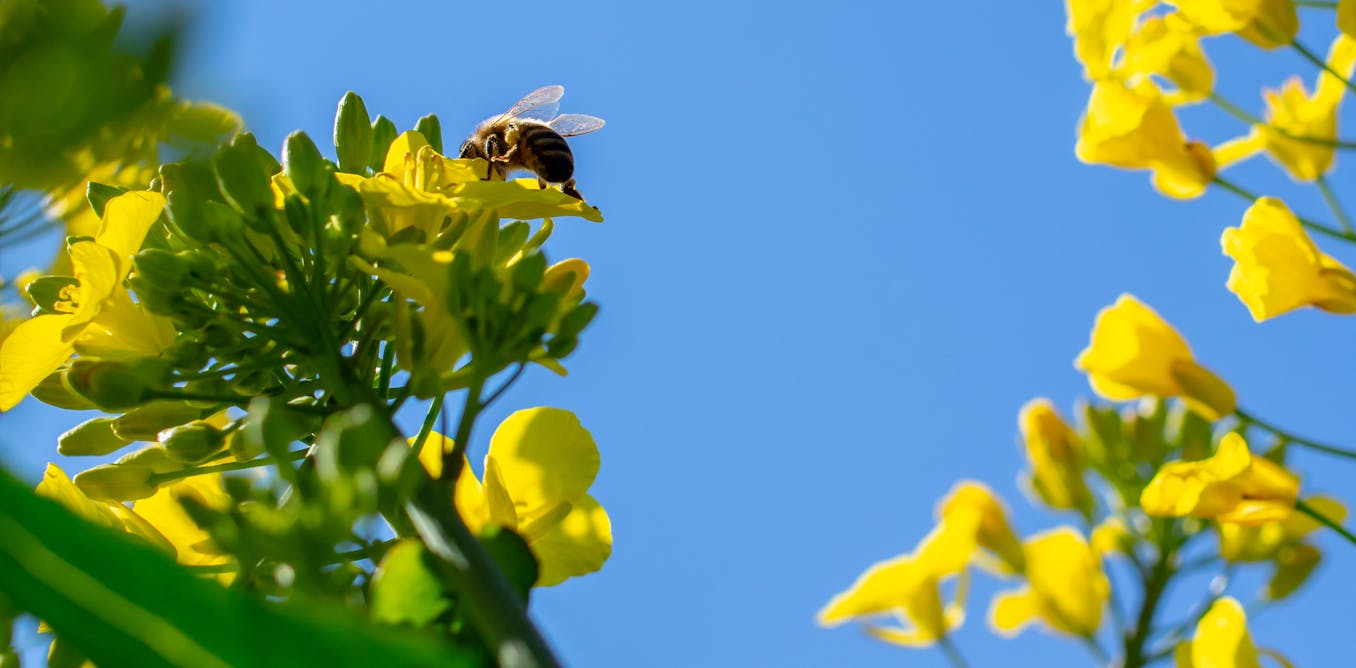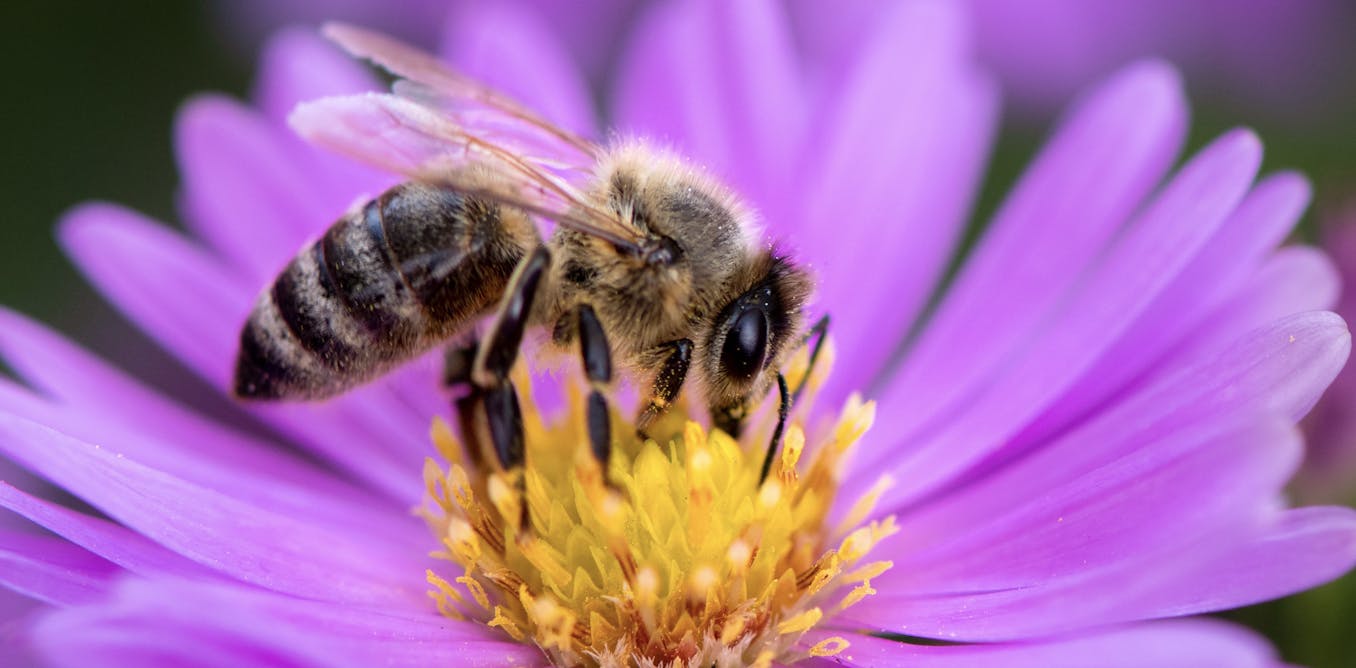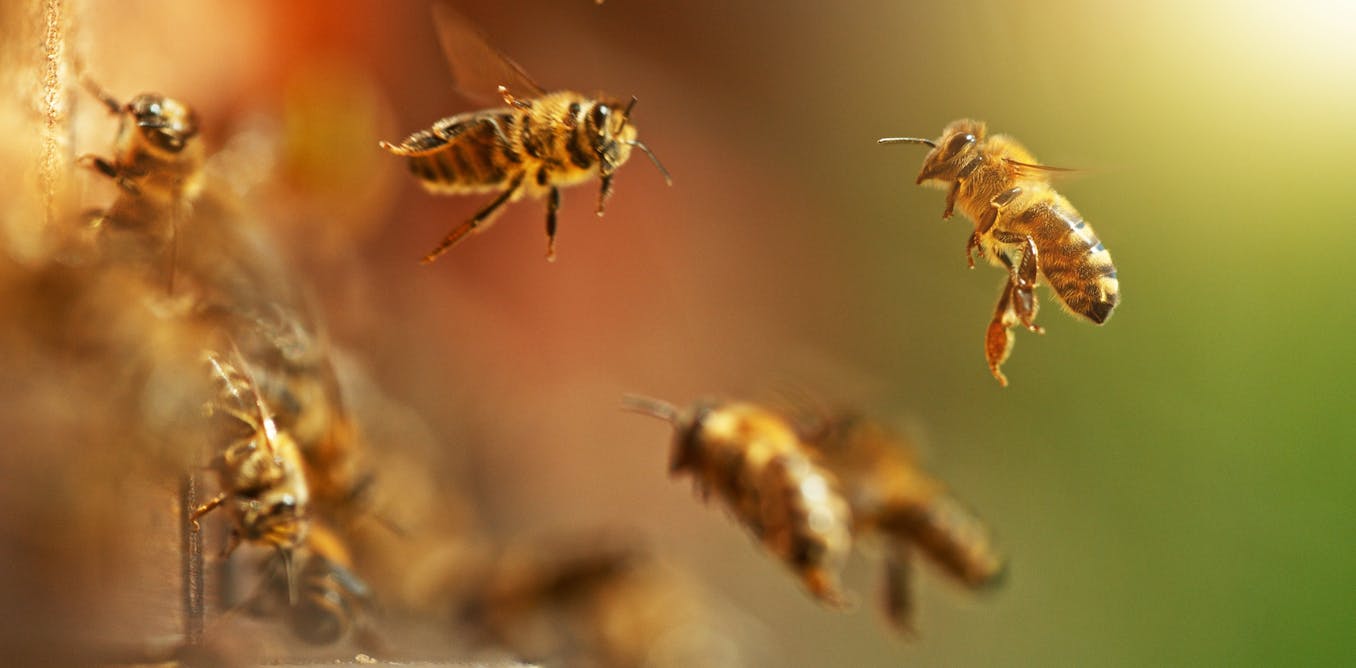Worsening allergies aren’t your imagination − windy days create the perfect pollen storm
From sending more pollen airborne to breaking up pollen grains, which lets them penetrate deeper into your lungs, the wind is not the allergy sufferer’s friend.
May 5, 2025 • ~6 min

